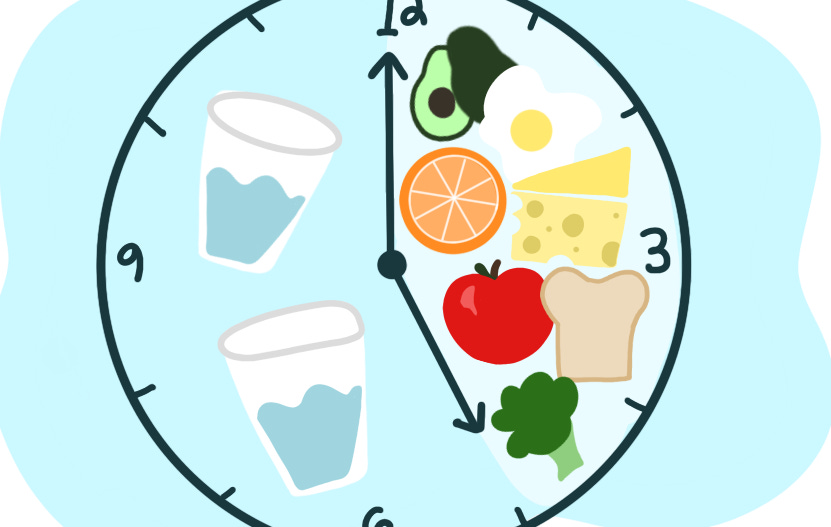Fasting: How Intermittent Fasting Affects Your Body
Written by Azzy Xiang
Intermittent fasting (IF) has gained immense popularity as a health trend in recent years. This eating pattern alternates between periods of fasting and eating and is praised for its potential benefits, ranging from weight loss to improved metabolic health. But how does intermittent fasting affect your body specifically?
When you fast, your body undergoes several physiological changes. These changes are influenced by the length of the fasting period and typically occur in stages.
1. Switching Energy Sources: After a few hours without food, blood sugar levels drop, and the body begins to burn stored glycogen for energy. Once glycogen stores are depleted, the body shifts to burning fat, producing molecules called ketones for fuel. This "metabolic switch" is key to many of the health benefits of IF.
2. Improved Insulin Sensitivity: Fasting reduces insulin levels, making the body more sensitive to this hormone. Improved insulin sensitivity can lower the risk of type 2 diabetes and help regulate blood sugar levels.
3. Cellular Repair: During fasting, the body undergoes a process called autophagy, where it removes damaged cells and regenerates new ones. This cellular "cleanup" is thought to improve overall health and slow aging.
4. Hormonal Changes: Fasting triggers the release of hormones like human growth hormone (HGH), which supports fat burning and muscle preservation. Lower levels of insulin and higher levels of HGH can also promote fat loss.
Studies suggest that IF can lead to weight loss, improved heart health, and reduced inflammation. It may also support brain health by promoting the production of brain-derived neurotrophic factor (BDNF), a protein associated with learning and memory.
While IF has numerous benefits for many people, it’s not the best choice for everyone. People with certain medical conditions, pregnant women, or those with a history of eating disorders should consult a healthcare professional before trying it.
Hopefully, even if you can’t fast you’ll consider other methods to boost your health, such as eating a healthy diet and avoiding processed foods. It’s best to talk to your doctor about whether it’s a good option for you, and take the initiative to protect your health!
Written by Azzy Xiang from MEDILOQUY


